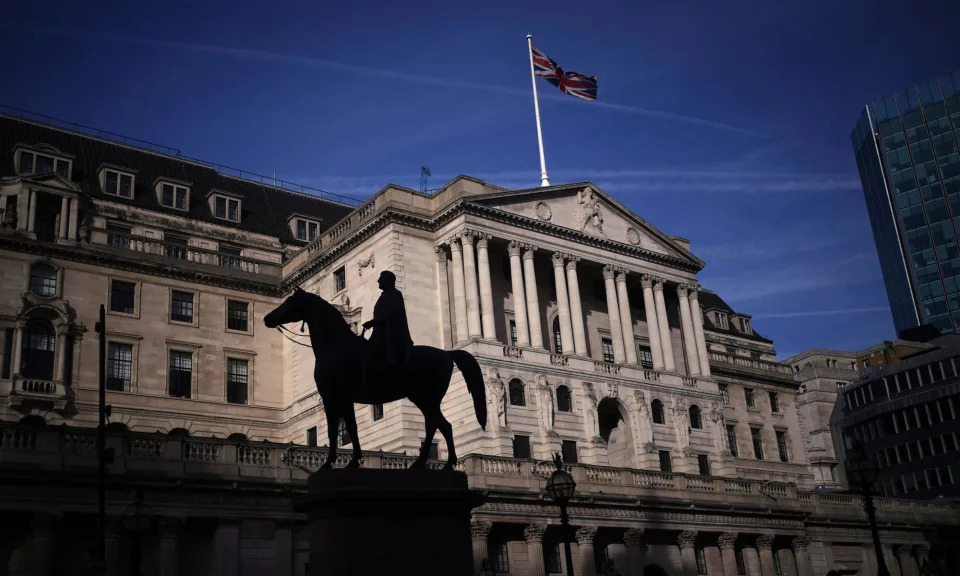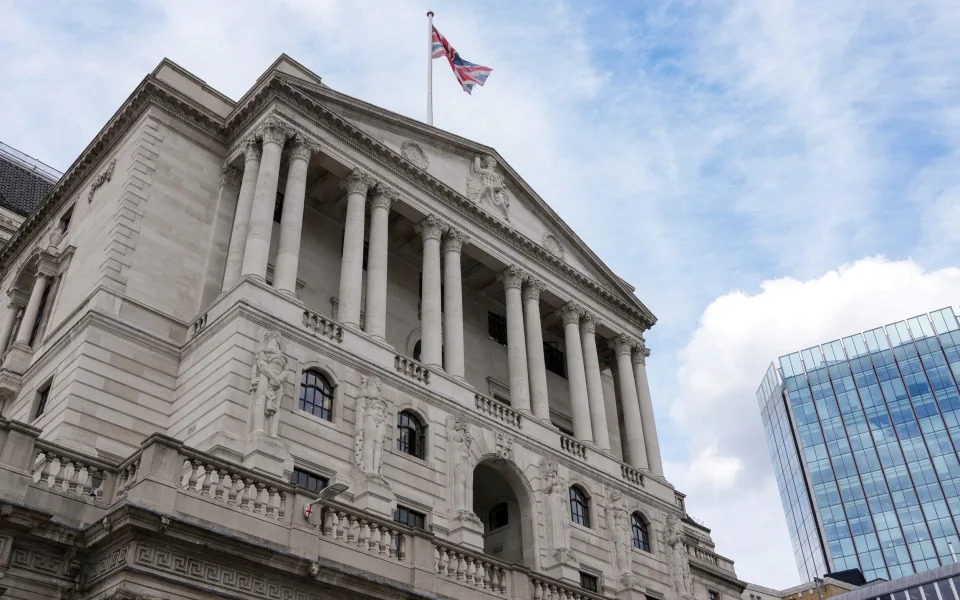Kalyeena Makortoff
Sun, 3 March 2024

The Bank of England had ‘made good progress’, the NAO said, but there had been an unacceptable level of compliance breaches of its own staff policies.
Dozens of “major” compliance breaches have been unearthed at the Bank of England, despite progress to fix shortcomings after misuse of the central bank’s audio feed by hedge funds four years ago.
The report by the National Audit Office (NAO), the public spending watchdog, reviewed the Bank’s actions to improve the handling of non-financial risks, and whether it had learned lessons from two high-profile scandals.
That included the 2017 resignation of deputy governor Charlotte Hogg, who failed to declare that her brother worked for Barclays, and an embarrassing security breach in December 2019 that gave hedge funds early access to audio feeds of the Banks press conferences.
While the NAO said the central bank had “made good progress” it warned there had been an unacceptable level of compliance breaches of the Bank’s own staff policies over the 12 months to August 2023.
These included 28 major breaches, which can be as serious as failing to disclose a conflict of interest that can affect a senior official’s independence, and can result in disciplinary action.
They also involved 628 minor breaches, which can refer to an employee’s failure to get advanced approval for personal transactions including mortgages or investments, or emails being sent to the wrong address.
It marked a rise from the 584 minor – and 19 major – breaches in the previous year.
While most of the breaches were self-reported, the NAO said the figures were “above what the Bank considers an acceptable level”. A 2023 staff survey also found that only 59% of the central bank’s staff felt they were free to speak up without fear of negative consequences.
The NAO’s comptroller and auditor general, Gareth Davies, said it was clear “the Bank of England has made good progress in developing new and improved systems to understand and manage compliance risks.
“As it takes forward this work, the Bank should ensure it continues to improve the quality and consistency of its risk information, and awareness and confidence among staff to raise concerns.”
David Roberts, the chair of the Court of the Bank of England, said he welcomed the NAO report and that the central bank was “committed to promoting the highest standards of integrity and ethics and will carefully consider the NAO’s recommendations”.
Tim Wallace
Sun, 3 March 2024

bank of england building
Around four in 10 staff at the Bank of England do not feel free to speak their mind without fear of “negative consequences”, according to a survey of workers.
Hesitancy among employees on Threadneedle Street has emerged as officials seek to improve compliance at the Bank, as a survey shows that openness among workers is lower than other public sector bodies.
A Whitehall survey of civil servants found that more than three-quarters of staff felt they could talk openly, according to the National Audit Office (NAO), well above the Bank’s 59pc.
A review by the NAO said “good progress” has been made in raising this from 51pc in 2021, but added that “there is more work to be done”.
The NAO is reviewing the Bank’s compliance practices after a series of high-profile controversies.
In 2017, Charlotte Hogg, a deputy governor, resigned less than a fortnight into the role after failing to properly declare her brother’s role at Barclays.
Two years later, the Bank found that a technology supplier was offering hedge fund clients an ultra-fast audio stream of official press conferences, potentially giving traders an advantage as they received information quicker than other viewers.
Since then, the Bank has sought to improve the way it manages compliance risks, including by improving training, the NAO said.
The Bank has offered more “training and workshops on risk awareness and speaking up” to create “a culture of risk awareness among staff”.
Bosses have “aimed to take a proportionate response to breaches, to create a healthy and open culture where staff are more likely to report incidents or concerns”.
However, creating a consistent culture of compliance poses a challenge as 1,400 of the Bank’s staff – around one-quarter – have been there for less than two years, the NAO found.
It also discovered 628 minor compliance breaches in the 12 months to August 2023 – such as sending emails to the wrong address.
There were also 28 major breaches, a category which can include “senior level conflicts that materially affect an official’s independence but have not been disclosed”.
Meg Hillier, chairman of the Public Accounts Committee, said: “The Bank of England relies on public trust and its reputation for integrity to carry out its role. However, past incidents at the Bank and other public bodies have shown how failure to demonstrate integrity can harm an organisation’s credibility and reputation.”
David Roberts, chair of the Court of the Bank of England, added: “We welcome the National Audit Office’s report on the Bank’s management of legal, ethical and staff compliance risks. The Bank is committed to promoting the highest standards of integrity and ethics and will carefully consider the NAO’s recommendations.”























